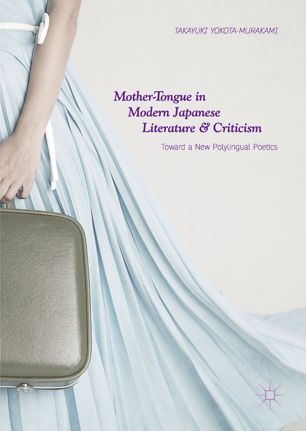

Most ebook files are in PDF format, so you can easily read them using various software such as Foxit Reader or directly on the Google Chrome browser.
Some ebook files are released by publishers in other formats such as .awz, .mobi, .epub, .fb2, etc. You may need to install specific software to read these formats on mobile/PC, such as Calibre.
Please read the tutorial at this link: https://ebookbell.com/faq
We offer FREE conversion to the popular formats you request; however, this may take some time. Therefore, right after payment, please email us, and we will try to provide the service as quickly as possible.
For some exceptional file formats or broken links (if any), please refrain from opening any disputes. Instead, email us first, and we will try to assist within a maximum of 6 hours.
EbookBell Team

4.8
94 reviewsThis book examines how early research on literary activities outside national literatures such as émigré literature or diasporic literature conceived of the loss of ‘mother-tongue” as a tragedy, and how it perpetuated the ideology of national language by relying on the dichotomy of native language/foreign language. It transcends these limitations by examining modern Japanese literature and literary criticism through modern philology, the vernacularization movement, and Korean-Japanese literature. Through the insights of recent philosophical/linguistic theories, it reveals the political problems of the notion of “mother-tongue” in literary and linguistic theories and proposes strategies to realize genuinely “exophonic” and “translational” literature beyond the confines of nation. Examining the notion of “mother-tongue” in literature and literary criticism, the author deconstructs the concept and language itself as an apparatus of nation-state in order to imagine alternative literature, genuinely creolized and heterogeneous. Offering a comparative, transnational perspective on the significance of the mother tongue in contemporary literatures, this is a key read for students of modern Japanese literature, language and culture, as well as those interested in theories of translation and bilingualism.